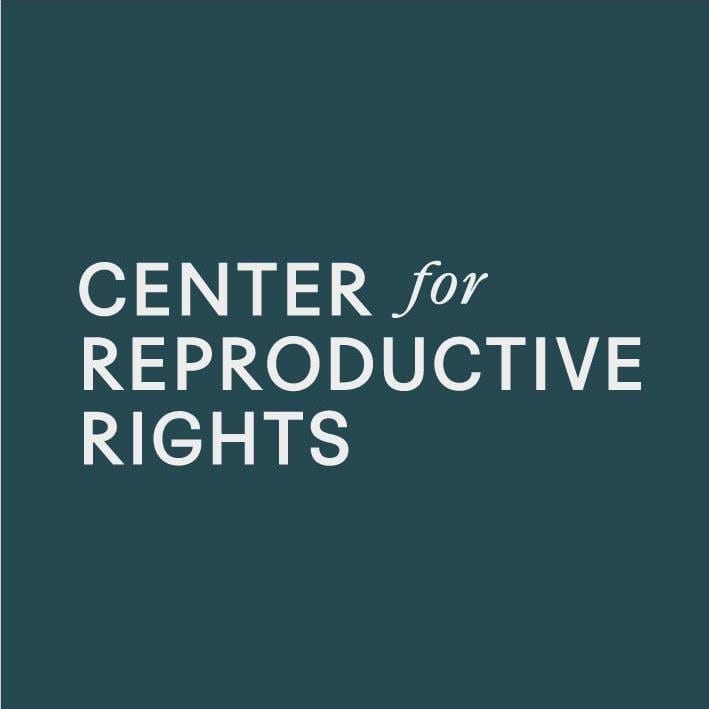U.S. Defense Department to Aid Servicemembers’ Travel for Abortion Care
Move comes after years of advocacy by the Center and its coalition partners to improve access to reproductive health care for servicemembers and veterans.

The U.S. Department of Defense (DOD) announced yesterday it would provide travel and transportation allowances for servicemembers and their dependents who need to travel for abortion services.
The move comes after years of advocacy by the Center for Reproductive Rights and its coalition partners to improve access to abortion and other reproductive health care for servicemembers and veterans.
The policy change was announced in a memo signed by Secretary of Defense Lloyd J. Austin III to improve access to reproductive services following the U.S. Supreme Court’s June ruling overturning Roe v. Wade. The Court’s ruling cleared the way for states to ban abortion, and abortion is currently illegal in 12 states. Those seeking abortion care have been forced to travel to other states to access services.
DOD is currently prohibited by law from providing abortion care, except in the case of rape, incest, and to save the life of the pregnant person.
“Funding travel for servicemembers and their dependents to get abortion care, and allowing them that time off, will be hugely meaningful. All of the actions announced today will make it easier for the people serving our country to access abortion services,” said Nancy Northup, president and CEO of the Center for Reproductive Rights. “This is an unprecedented action by the Department of Defense and a sign of the Biden Administration’s commitment to protecting abortion access. Abortion is essential health care that one in four women will have in their lifetime, and that includes servicemembers.”
The DOD memo, titled “Ensuring Access to Reproductive Health Care,” also has provisions to protect the privacy of servicemembers’ reproductive health care information and to support and protect DOD health care providers who are subject to adverse action for performing their official duties.
Serving Those Who Serve?
Issue briefs addressing the barriers faced by U.S. servicemembers and veterans in accessing abortion, contraception, and IVF services.
Abortion Bans Adversely Impact Veterans, Servicemembers, and Their Families
Bans on abortion care and coverage adversely impact veterans, servicemembers, and their families, including the women and transgender men whose service is vital to the nation’s national security. Women comprise more than 17 % of the Armed Forces and 10% of veterans. Women are also now the fastest growing cohort within the veteran community.
As of 2017, TRICARE—the Department of Defense’s health insurance program—covered 1,563,727 women of reproductive age, including female spouses and dependents. Additionally, an estimated several thousand transgender men who serve on active duty and in the Guard or Reserve Forces, as well as thousands of transgender military dependents, are covered by TRICARE and may be impacted by the military’s abortion ban.
The Center’s Federal Administrative Advocacy Work
The Center works to hold federal agencies accountable in upholding and advancing reproductive rights and health.
Department of Veterans Affairs Also Takes Action
In another positive policy change advocated by the Center and its coalition partners, the Department of Veterans Affairs (VA) filed a proposed rule to eliminate the co-pay for contraception for dependents of veterans. The rule has a 30-day comment period, and the Center will be submitting a comment in support of the rule.
Earlier this month, the Center submitted a comment in strong support of the VA’s Interim Final Rule (VA IFR) on Reproductive Health Services. The VA IFR lifts the ban on abortion counseling and the ban on abortion in the cases of rape, incest and to protect the life and health of the pregnant person. Before the VA IFR, veterans had no access to abortion care through the Department of Veterans Affairs (VA).

